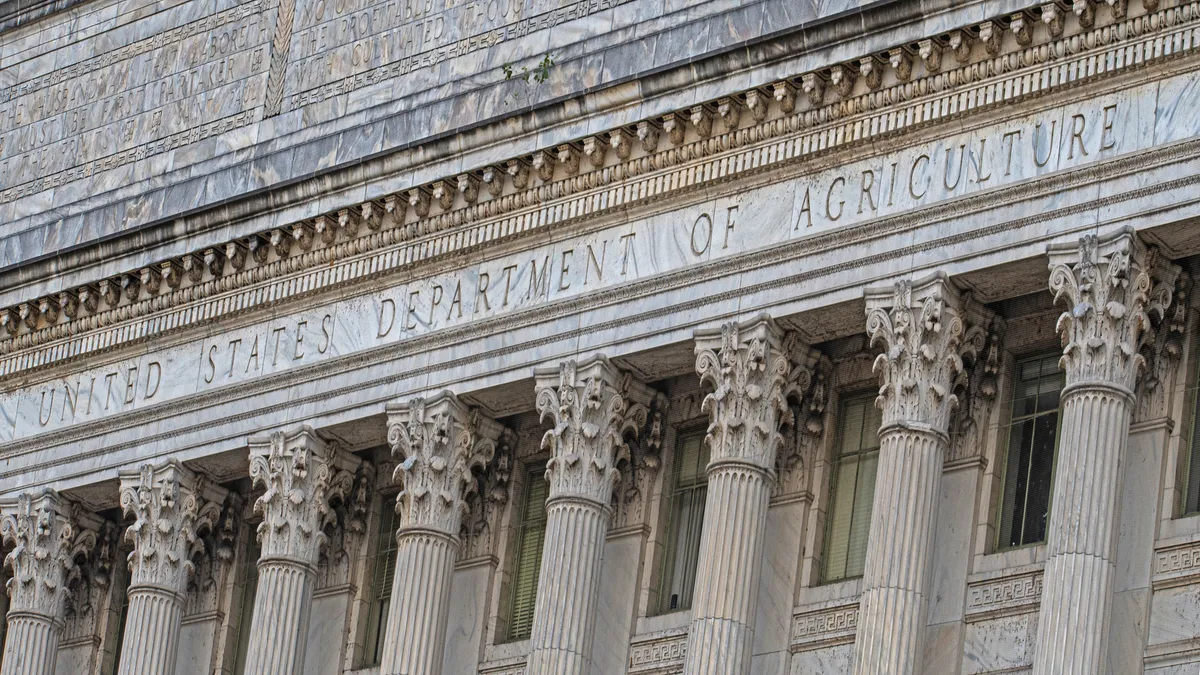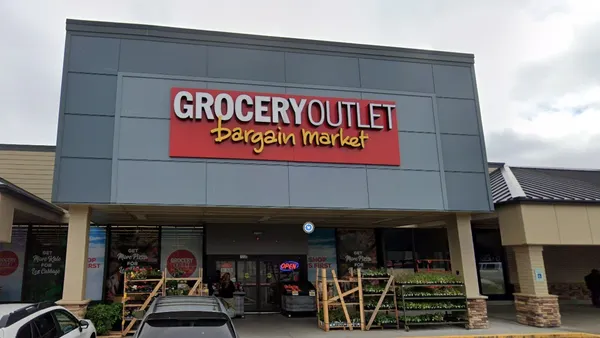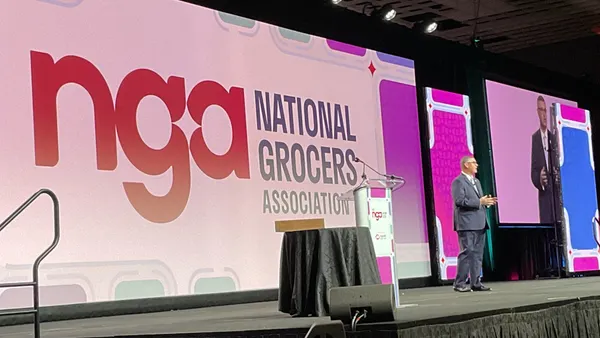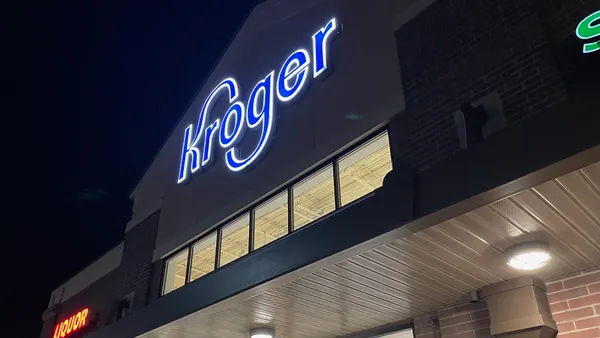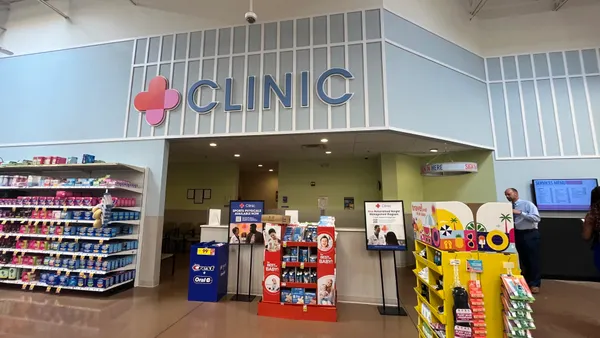Hours after a Rhode Island federal judge on Thursday ordered that the Trump administration fully fund SNAP benefits for November, the Justice Department filed an appeal.
U.S. District Judge John McConnell issued a temporary restraining order last week that blocks the federal government from suspending SNAP benefits and directed that the Trump administration tap contingency funds to fully or partially cover SNAP benefits.
On Monday, the Trump administration told the court that it would partially fund SNAP using $4.65 billion in contingency funds, with a top USDA official saying that it could take weeks or even months for program participants to receive benefits due to “procedural difficulties.” The official also said that the USDA had considered but ultimately decided not to tap Section 32 funds — tariff revenue that helps support child nutrition programs — as emergency SNAP funding.
The judge's ruling follows a lawsuit from a coalition of nonprofits, advocacy groups and eight cities. In response to the USDA’s plans, the plaintiffs claimed the procedural delay meant that the Trump administration was failing to comply with the court’s order to “expeditiously” make the partial payments by Wednesday. The plaintiffs also pushed back on the USDA’s decision to only partially — instead of fully — fund SNAP for the month.
The Trump administration told the court earlier this week that it had made an error in its directions to states and that, based on new calculations, the USDA only needed to make a 35% reduction in SNAP benefits — instead of the initially planned 50% reduction — to use up the $4.65 billion.
On Thursday, the Rhode Island court ordered the Trump administration to use both the contingency funds and Section 32 funds to provide full SNAP payments to states by Nov. 7.
“It is highly unlikely that the USDA’s transfer of Section 32 funds would lead to immediate and permanent gaps in Child Nutrition Program funding,” McConnell said in his ruling on Thursday.
McConnell also chastised the USDA for choosing to only partially fund SNAP: “[The] Court finds it astonishing that the defendants would even choose to go down this path if they were aware of all the difficulties and delays that such partial payment of SNAP benefits would entail.”
The Trump administration's appeal adds to the growing anxiety among consumers and retailers over when the SNAP program will receive federal funding, whether partial or full. At least nine states have decided to tap their own budgets to partially cover SNAP benefits for November after federal funding lapsed for the food assistance program on Saturday.
A federal judge in Massachusetts ruled Oct. 31 that the Trump administration must continue to fund the SNAP program — even just partially — during the ongoing government shutdown.


